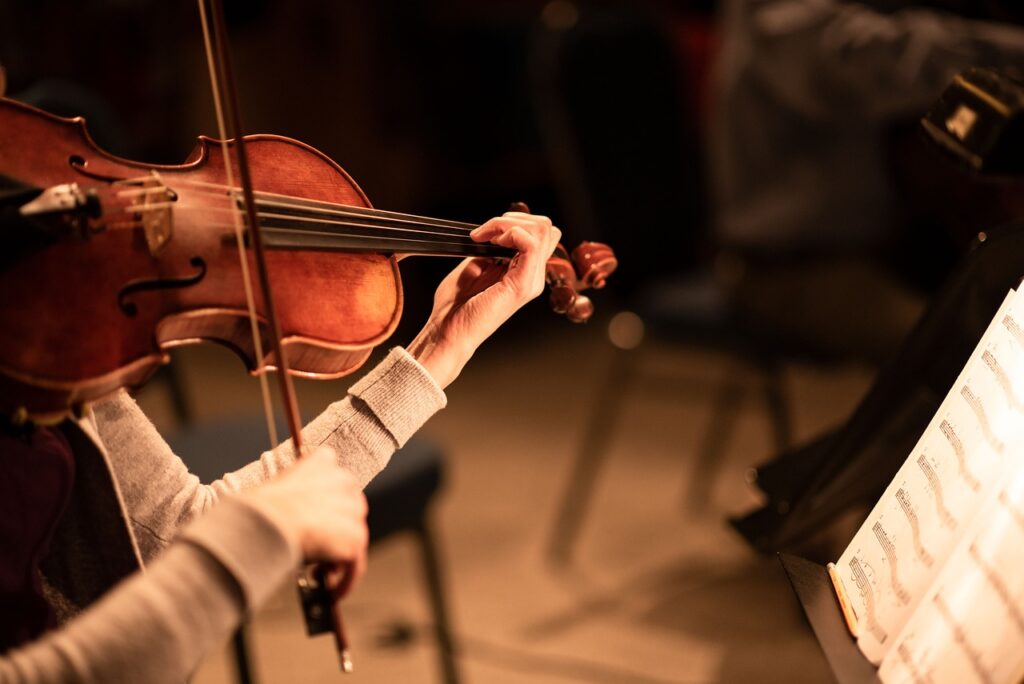Turning Slip-Ups into Success: A Musician’s Guide
My husband and I are currently watching a TV series called “Blue Bloods,” which revolves around a multi-generational family of police officers. One of the episodes we just watched conveyed a powerful message: it’s okay to make mistakes, but what defines you is what you do next.

Why am I sharing my TV habits? Because this lesson holds true in music as well!
Have you ever been on stage (or playing for friends or family) and made a small mistake that you couldn’t stop thinking about? Suddenly, you make another mistake, then another, and before you know it, a piece you could play perfectly at home turns into a complete trainwreck. I’m sure this has happened to all of us— it certainly has to me!
So, what should you do? When you make a mistake, move on and let it go. After the show, you can reflect on it if you want, but during the performance, focus on what’s next, not on what’s already happened. This is easier said than done!
Just this past weekend, I was playing at the Highland Games in Fredericton. I finished the first piece in a medley, and my mind went completely blank. I couldn’t remember the next tune at all. My guitarist and I laughed it off, I backtracked a bit in the medley, remembered the tune, and kept going. I even joked about it after we were done.
Thankfully, I’m at a point in my music career where mistakes don’t completely derail me. I know I’m a good fiddler/violinist, and I understand that sometimes things go wrong. The only time it really bothers me is if I wasn’t prepared enough because then I feel like I could have done something differently.
When you make a mistake (and you will make mistakes), here are a few strategies to handle it:
- Keep Going: If it’s a small mistake, just keep playing. Chances are, nobody will notice. After one of my shows where I had a complete blank, a fan told me she had attended four of my recent shows, hadn’t seen a mistake, and was delighted to see that even someone of my calibre could slip up. Trust me, I had made small mistakes in those other shows too!
- Maintain Rhythm: Keep the rhythm going even if you forget the notes. Untrained musicians (and even trained ones) are more likely to notice a break in rhythm than wrong notes. If you can fake it while staying in rhythm and then get back into the piece, people will likely think it’s an interpretation rather than a mistake.
- Restart: There’s no shame in restarting. I’ve seen Natalie MacMaster restart because she started playing the wrong tune. No one thought less of her for it! Your skill will show in your playing, and sometimes restarting is the best way to maintain the quality of your performance.
Remember, you will make mistakes when you play for others. It’s inevitable! The mark of a great musician is the ability to move on and deliver a great show despite the mistakes.
